Formula 1 chief Stefano Domenicali says it is “crucial” for the new 2026 power unit regulations to allow manufacturers who are falling behind to catch up.
Domenicali, the FIA and F1’s present and future power unit manufacturers gathered in Bahrain last week to discuss possible future engine options for the series, as well as any tweaks to the incoming engine regulations for next year.
Amid suggestions to fast-track a move to V10 engines – which was initiated by FIA president Mohammed Ben Sulayem – it was agreed the 2026 engine rules will go ahead as planned for at least three seasons.
However, several parties urged the series to avoid a repeat of Mercedes’ dominance at the start of the current hybrid era by introducing more ways for manufacturers to catch up, with Red Bull team boss Christian Horner particularly vocal about the need to give OEMs more flexibility to develop in-season.
Speaking exclusively to Motorsport.com, F1 boss Domenicali agreed that the championship can’t afford a situation where one manufacturer has a major advantage like in 2014.
“Nothing prevents us from working to improve the package,” Domenicali said. “The FIA, together with the manufacturers and teams, can always assess if there are areas for improvement.
“We’re on the brink of a major regulatory shift, and I personally believe it’s crucial that the system allows for a faster recovery if a manufacturer falls behind significantly. That’s an issue we must address quickly – it could happen to anyone.”
Manufacturers that are feeling confident about their 2026 product might be hesitant to make significant concessions, which are yet to be agreed upon. But Domenicali urged them to think about the big picture as F1 is trying to continue its rapid worldwide growth, which may be stunted if one engine manufacturer steals a march on the rest of the field.
“We all need to think strategically,” he cautioned. “Having one dominant team for too long is bad for everyone. Our sport is growing incredibly and has become a global benchmark. We should be proud of that – but also cautious.”
Scrapping 2026 rules wrong, but cheaper and lighter engines are needed
Honda reversed F1 exit on the basis of new engine rules
Photo by: Giorgio Piola
Domenicali said it would have been “totally wrong” to extend the current regulations and scrap the 2026 hybrid rules that enticed the likes of Audi, Honda and Red Bull partner Ford to sign up.
“Someone tried to push for an extension of the current regulations – that would have been totally wrong,” he added. “We must respect those who’ve invested heavily in this complex and costly project – changing the rules now would send the wrong message. Questioning previous decisions on power units would be a huge mistake.”
One of the conclusions from the Bahrain meeting was that electrification and sustainable fuels would remain “imperative”, which could – for example – lead F1 down the road of a V8 engine with some form of simplified and less powerful KERS system.
“Two years ago I shared my strategic vision for F1’s future in an interview with Motorsport.com – and that’s exactly what’s now emerging,” Domenicali said, referring to an interview in which he pushed for lighter, cheaper engines that produced a more compelling sound.
And the Italian agreed with the FIA president that cutting costs is key to protect the series against economic fluctuations and avoid 2009’s mass exodus, when Toyota, BMW and Honda all walked out of the series in quick succession.
“It would be naive not to consider that possibility, especially given today’s economic climate,” he continued. “Renault, after many years, has left F1 [as an engine supplier]. Let me be clear: major manufacturers are essential, but we’re also mature enough to know that, if a severe crisis hits the industry, big automotive groups might have to make tough decisions.
“That’s why we must simplify and significantly reduce costs, while maintaining a technical link to road-relevant technologies – like sustainable fuels, which can complement EV offerings. If a crisis forces some to pause their F1 programmes, we’ll be in a position to respond independently and find alternatives.”



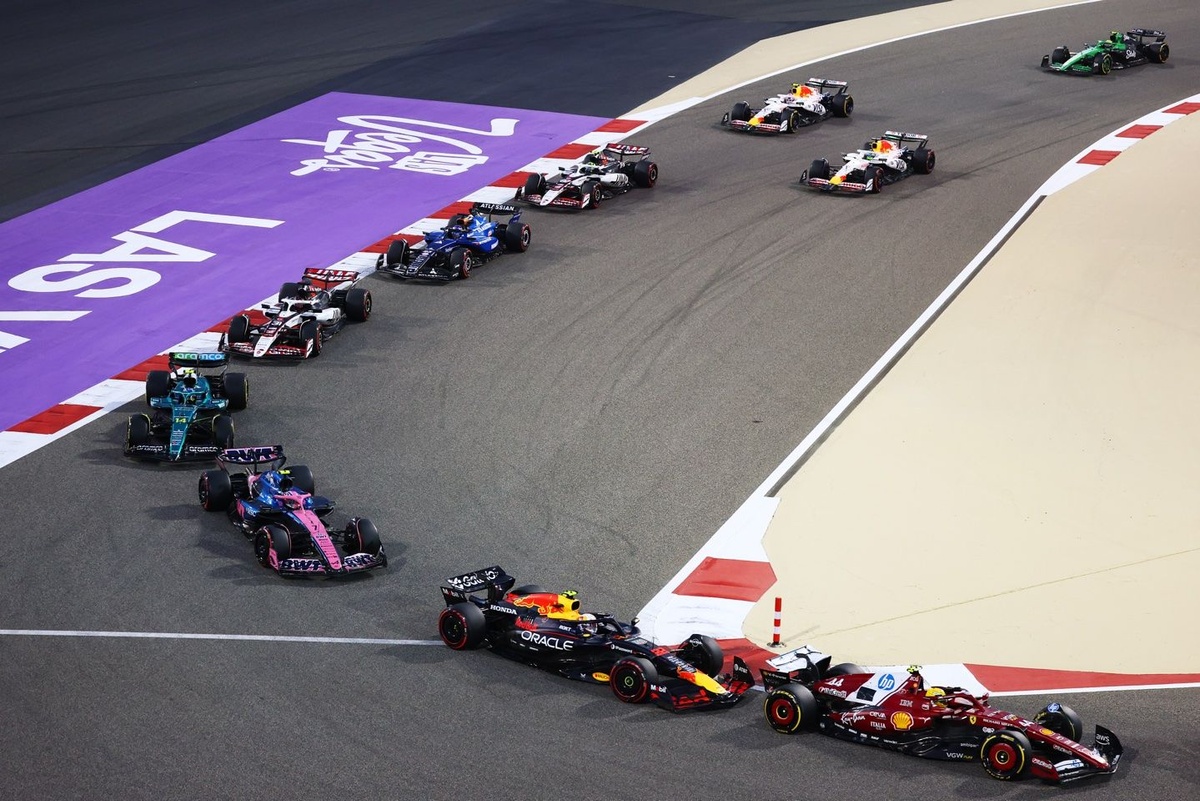
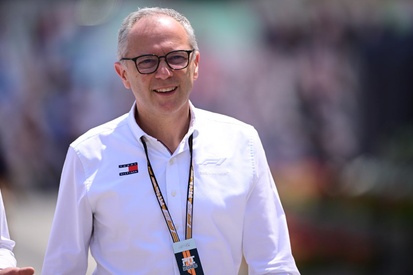

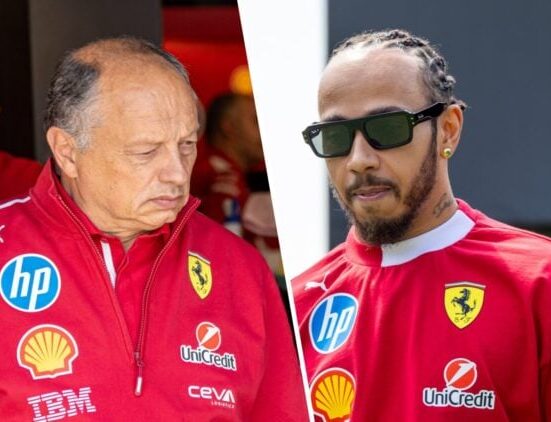
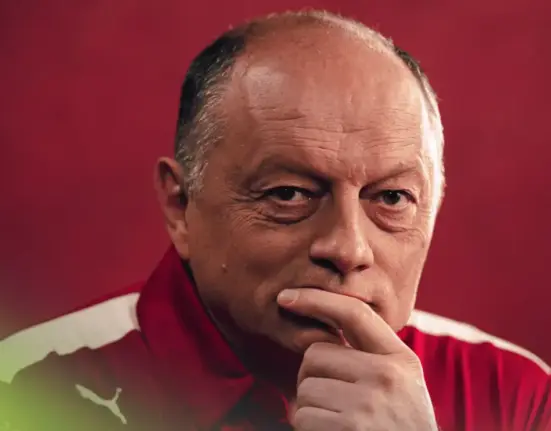

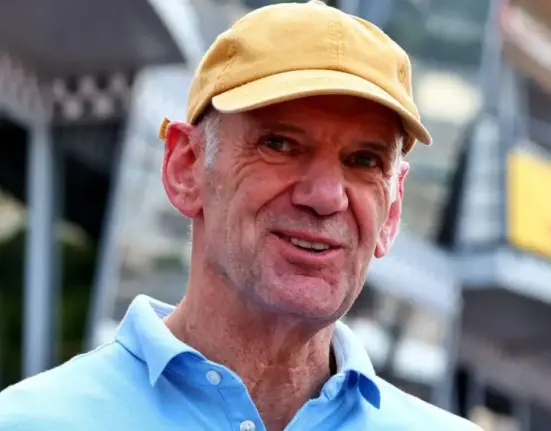
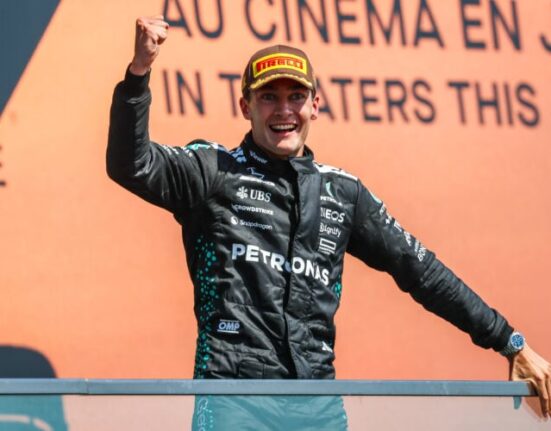

Leave feedback about this